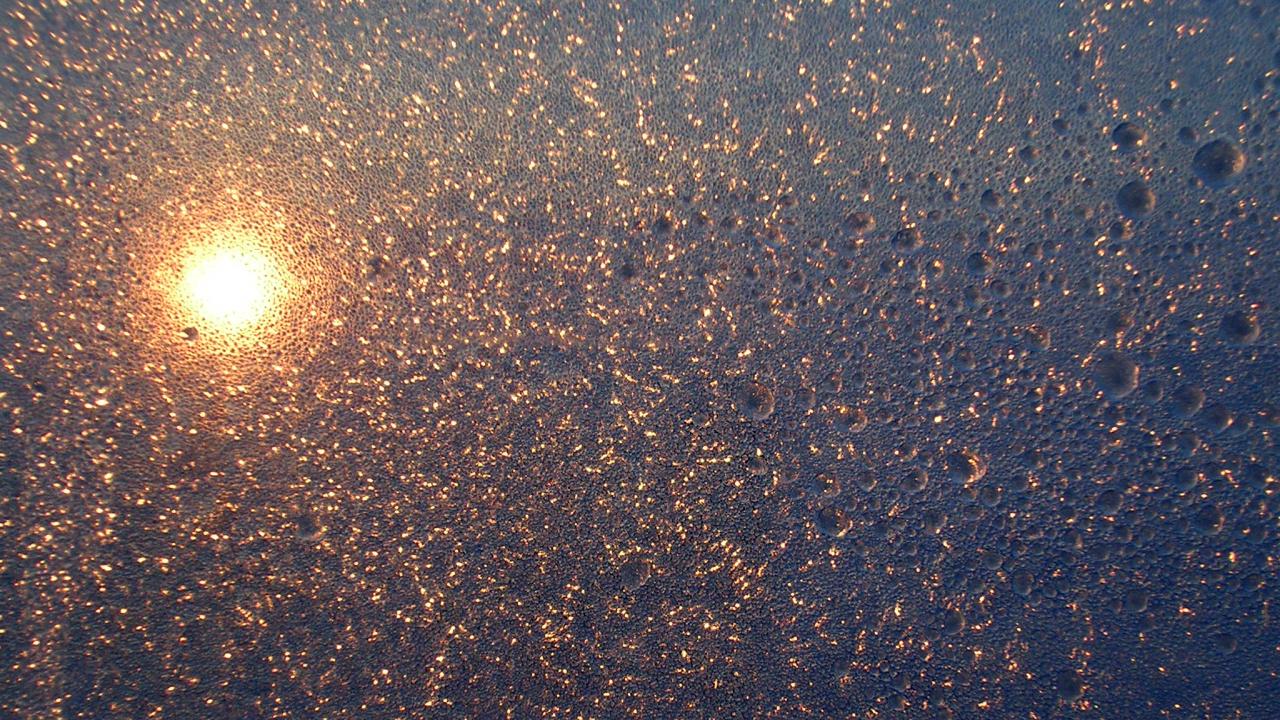
Discussion between Atuat Akkirtik, costume designer, actress from Igloolik and Marie-Helene Cousineau
18 May 2007, Igloolik , Interpretor: Mary Kunnuk
MHC: Now that a little bit of time has passed since the shooting of the film, what do you think of this experience?
Atuat: When
I acted in Atanarjuat and The Journals of Knud Rasmussen, [produced by
Igloolik Isuma Productions, directors Zacharias Kunuk and Norman
Cohn,2001 and 2006 ) it was quite an experience. I find that the movie
we are making now is being done in a more traditional way. In the other
films, the actors did not really have much input because the dialogues
were already decided. When we made Before Tomorrow we put more of what
we wanted to say into the movie. It gave us more confidence to help
you.
We had lots of meetings and it was helpful to receive
information before we had to do our work. I appreciated the meetings
before the shoots. I am not saying anything bad about the way the
others films were made, but it was more of a masculine style. Our film
was made from more of a woman's point-of-view. I felt less stress.
MHC: Is there a scene from the film that brings to mind powerful memories?
Atuat:
The scene in which the Inuit in the village are all dead because of a
sickness they caught from the people who came by boats. When I was a
child, it was like that after the boats came — we Inuit were sick and
had the flu. I also remember that when I was young there was a sickness
like smallpox that came from North of here. It came after the visitors
left. My mother put seal blubber all over our bodies. That scene
reminded me of that.
MHC: What did you think of the exchange between Puvirnituq and Igloolik?
Atuat: Susan
(Avingaq, the art director) and I talked about how we gave the people
of Puvirnituq back their traditional ways. The elders in Puvirnituq are
not teaching traditions so much.
What we learned from them is
that elders and young people can work together very well. They are
doing that there, much more so than here in Igloolik. We need to do
that here, to have young people involved with elders.
MHC: How did the people of Puvirnituq react to you?
Atuat:
People asked me, "How did you do all the costumes by yourself?" I had
to explain that we are a group of women who sew together! I explained
that here, in Igloolik, we elders meet and work together and that
sometimes we teach. In Puvirnituq there were only three women who knew
how to sew traditional clothing. Everybody agreed that we have to teach
young people to make traditional clothing before it is forgotten.















